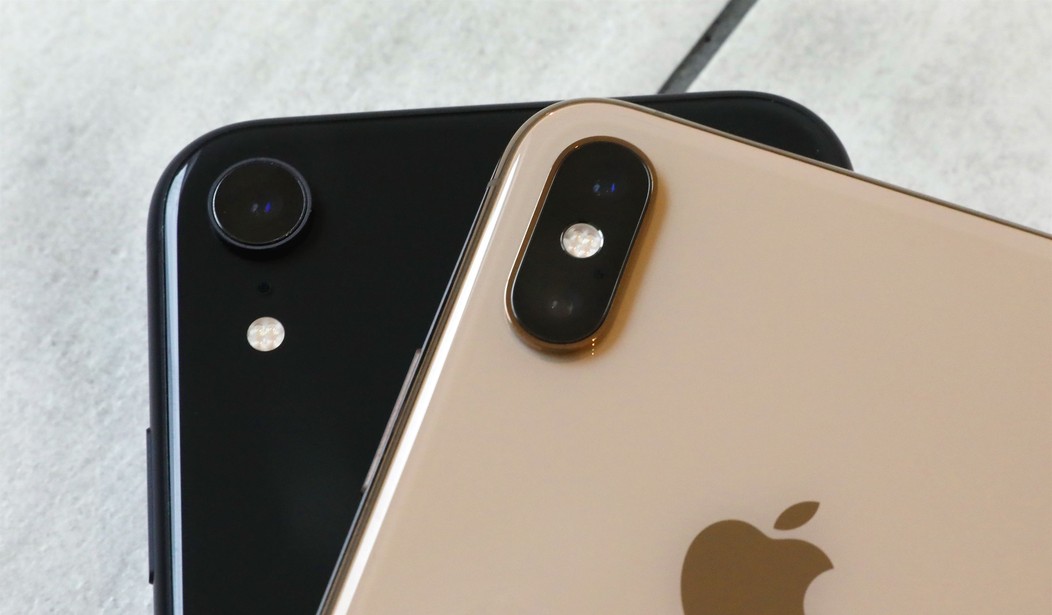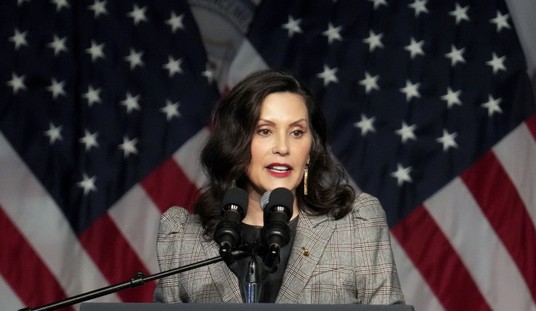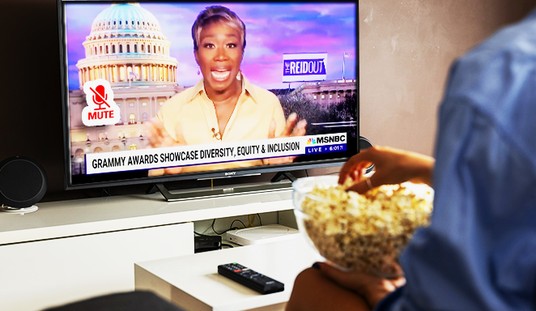The government and private companies spy on us.
My former employee, Naomi Brockwell, has become a privacy specialist. She advises people on how to protect their privacy.
In my new video, she tells me I should delete most of my apps on my phone.
I push back. I like that Google knows where I am and can recommend a "restaurant near me. I like that my Shell app lets me buy gas (almost) without getting out of the car."
I don't like that government gathers information about me via my phone, but so far, so what?
Brockwell tells me I'm being dumb because I don't know which government will get that data in the future.
Looking at my phone, she tells me, "You've given location permission, microphone permission. You have so many apps!"
She says I should delete most of them, starting with Google Chrome.
"This is a terrible app for privacy. Google Chrome is notorious for collecting every single thing that they can about you ... (and) broadcasting that to thousands of people ... auctioning off your eyeballs. It's not just advertisers collecting this information. Thousands of shell companies, shady companies of data brokers also collect it and in turn sell it."
Instead of Google, she recommends using a browser called Brave. It's just as good, she says, but it doesn't collect all the information that Chrome does. It's slightly faster, too, because it doesn't slow down to load ads.
Then she says, "Delete Google Maps."
"But I need Google Maps!"
"You don't." She replies, "You have an iPhone. You have Apple Maps ... Apple is better when it comes to privacy ... Apple at least tries to anonymize your data."
Recommended
Instead of Gmail, she recommends more private alternatives, like Proton Mail or Tuta.
"There are many others." She points out, "The difference between them is that every email going into your inbox for Gmail is being analyzed, scanned, it's being added to a profile about you."
But I don't care. Nothing beats Google's convenience. It remembers my credit cards and passwords. It fills things in automatically. I tried Brave browser but, after a week, switched back to Google. I like that Google knows me.
Brockwell says that I could import my credit cards and passwords to Brave and autofill there, too.
"I do understand the trade-off," she adds. "But email is so personal. It's private correspondence about everything in your life. I think we should use companies that don't read our emails. Using those services is also a vote for privacy, giving a market signal that we think privacy is important. That's the only way we're going to get more privacy."
She also warns that even apps like WhatsApp, which I thought were private, aren't as private as we think.
"WhatsApp is end-to-end encrypted and better than standard SMS. But it collects a lot of data about you and shares it with its parent company, Facebook. It's nowhere near as private as an app like Signal."
She notices my Shell app and suggests I delete it.
Opening the app's "privacy nutrition label," something I never bother reading, she points out that I give Shell "your purchase history, your contact information, physical address, email address, your name, phone number, your product interaction, purchase history, search history, user id, product interaction, crash data, performance data, precise location, course location ... "
The list goes on. No wonder I don't read it.
She says, "The first step before downloading an app, take a look at their permissions, see what information they're collecting."
I'm just not going to bother.
But she did convince me to delete some apps, pointing out that if I want the app later, I can always reinstall it.
"We think that we need an app for every interaction we do with a business. We don't realize what we give up as a result."
"They already have all my data. What's the point of going private now?" I ask.
"Privacy comes down to choice," She replies. "It's not that I want everything that I do to remain private. It's that I deserve to have the right to selectively reveal to the world what I want them to see. Currently, that's not the world."
























Join the conversation as a VIP Member